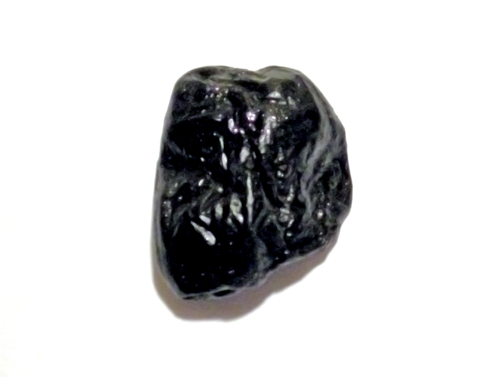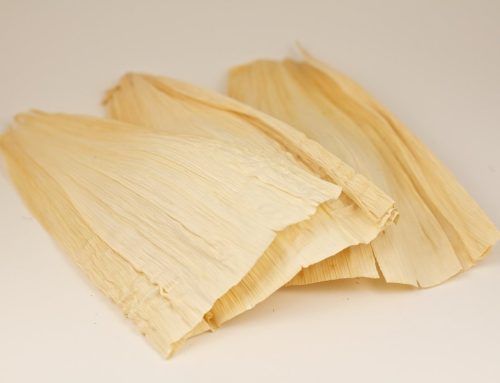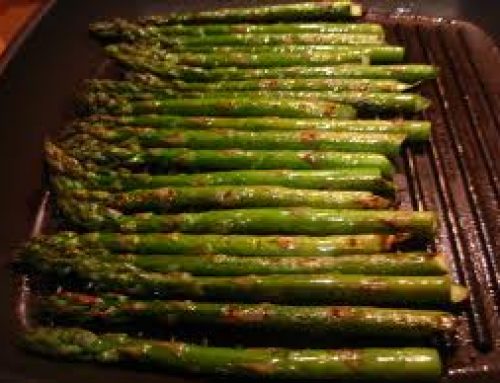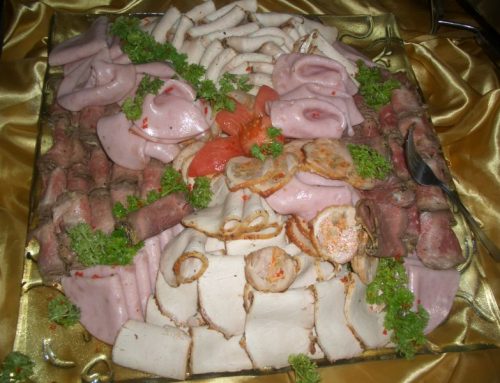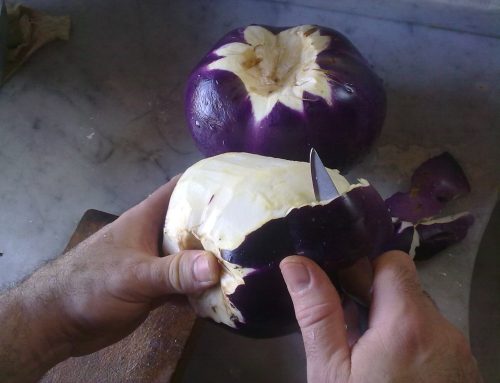Prunes are a fruit that are used in a variety of dishes. They are in fact dried plums and are used in many different types of holiday dishes such as cake, stuffing and also used to make sugar plums.
So if we can meet them, can guinea pigs eat prunes, let’s take a look and find out.
Dried fruits are usually a no-no for guinea pigs, are prunes any different?
As per usual we’re taking a look at their nutritional data, in particular their sugar, fat, phosphorus, calcium and acidic content as they are most pertinent to guinea pigs.
Plums, dried (prunes), uncooked
Nutritional value per 100 g (3.5 oz)
Energyt1,006 kJ (240 kcal)
Carbohydratest63.88 g
– Sugarst38.13 g
– Dietary fibert7.1 g
Fatt0.38 g
Proteint2.18 g
Vitamin A equiv.t39 μg (5%)
– beta-carotenet394 μg (4%)
– lutein and zeaxanthint148 μg
Thiamine (vit. B1)t0.051 mg (4%)
Riboflavin (vit. B2)t0.186 mg (16%)
Niacin (vit. B3)t1.882 mg (13%)
Pantothenic acid (B5)t0.422 mg (8%)
Vitamin B6t0.205 mg (16%)
Folate (vit. B9)t4 μg (1%)
Cholinet10.1 mg (2%)
Vitamin Ct0.6 mg (1%)
Vitamin Et0.43 mg (3%)
Vitamin Kt59.5 μg (57%)
Calciumt43 mg (4%)
Iront0.93 mg (7%)
Magnesiumt41 mg (12%)
Manganeset0.299 mg (14%)
Phosphorust69 mg (10%)
Potassiumt732 mg (16%)
Sodiumt2 mg (0%)
Zinct0.44 mg (5%)
Fluoridet4 µg
As you can see prunes contain quite a lot of phosphorus, a little calcium, a hint of fat, they are very acidic, and contain a lot of sugar.
Unfortunately this rules out prunes for guinea pigs. They are just too acidic, have too much phosphorus and are way to acidic for them. So they are a food to steer clear of as far as guinea pigs are concerned.

